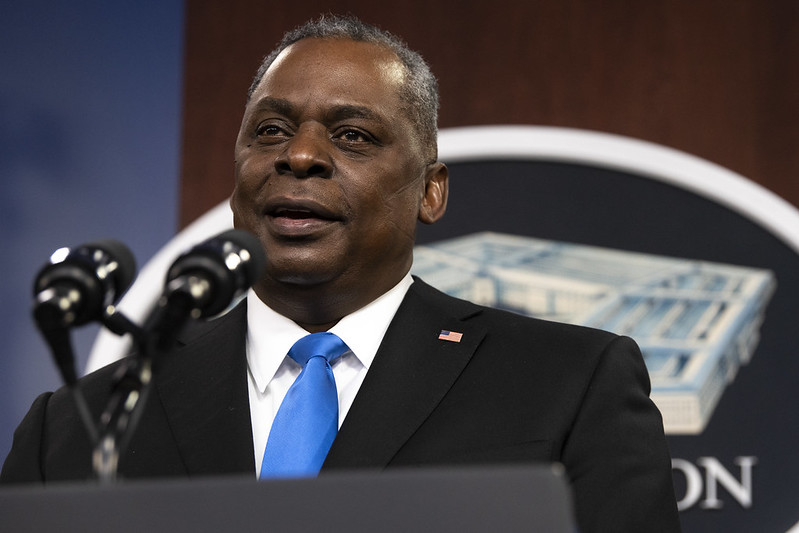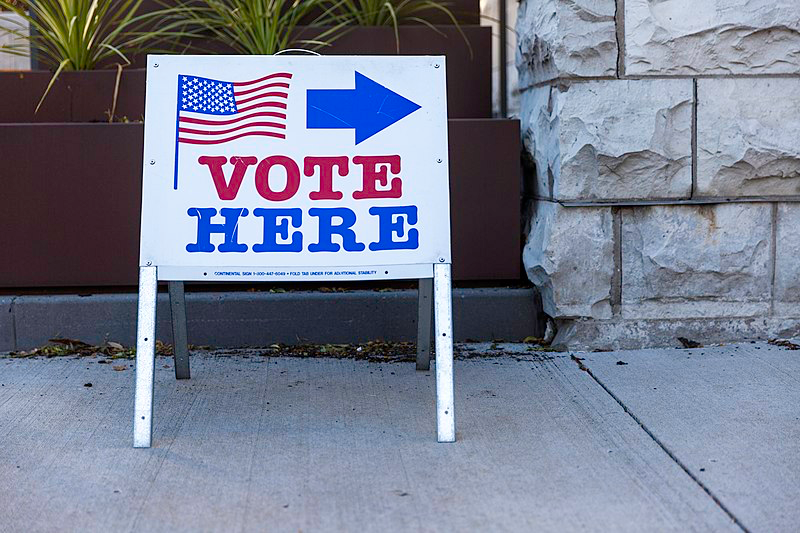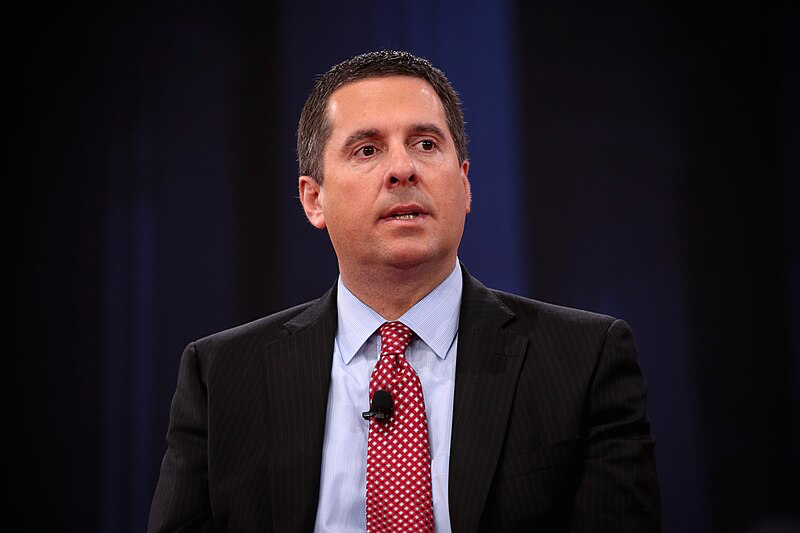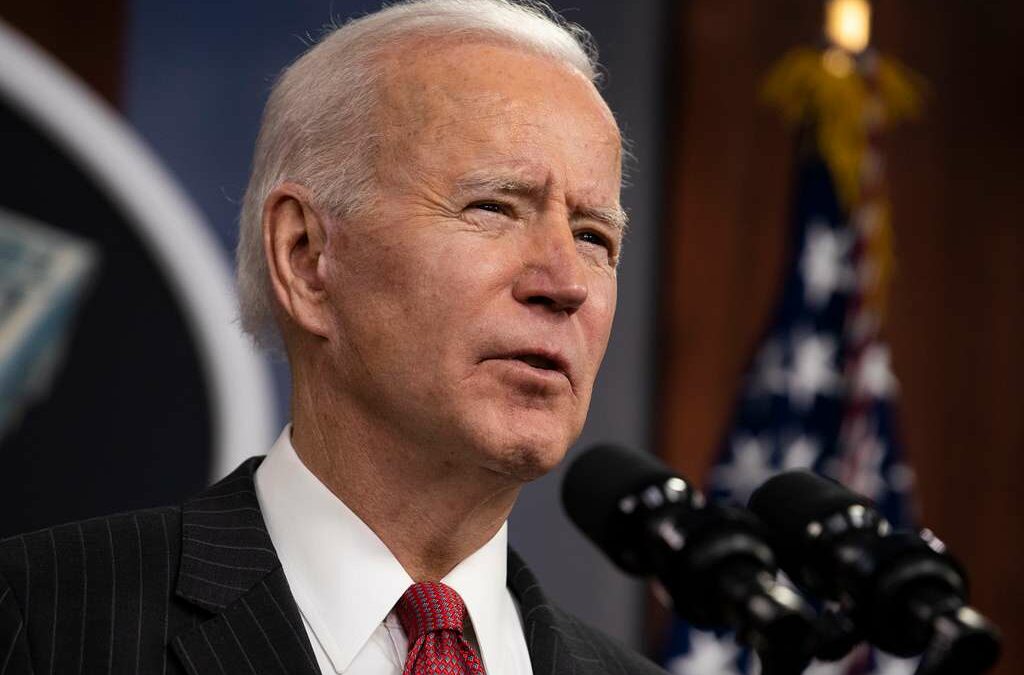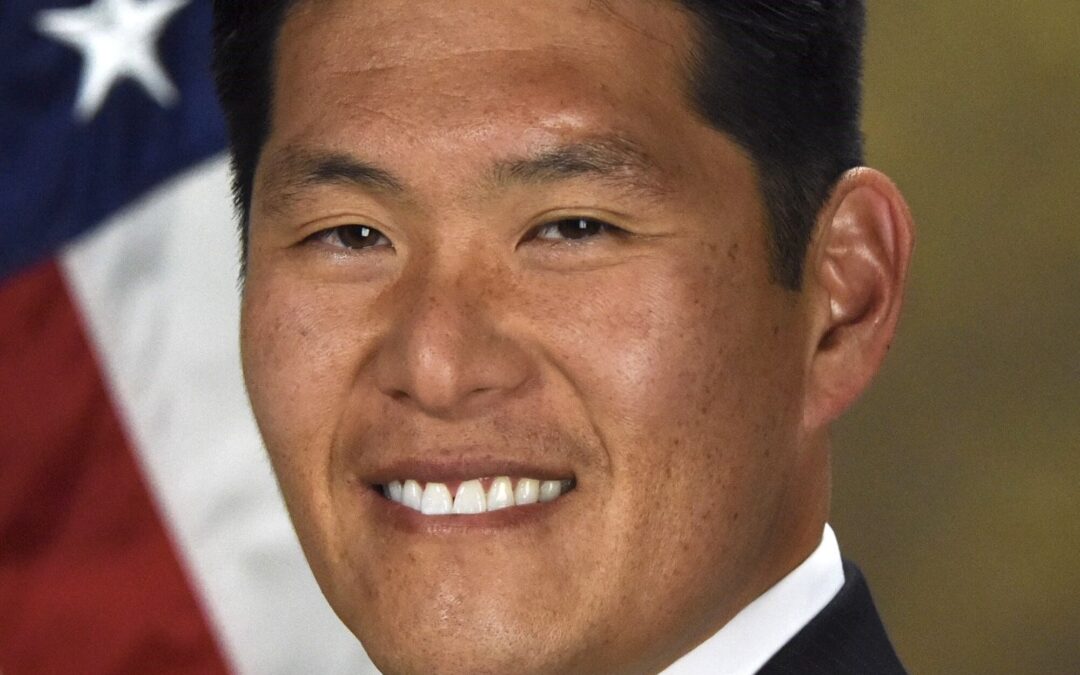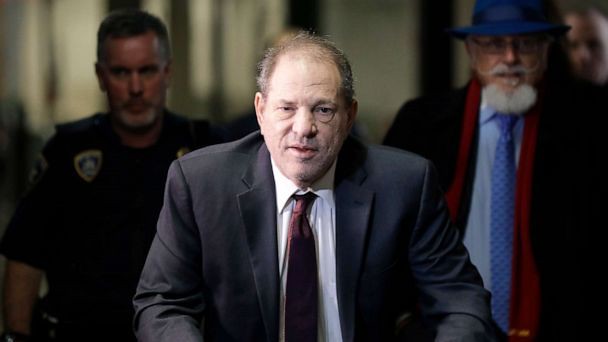Newly uncovered internal documents show that USAID, the foreign-facing branch of the federal government tasked with promoting resilient democratic societies and exporting American democratic values overseas, has been discreetly advocating for the adoption of social media censorship practices. These efforts have targeted private sector technology companies, media organizations, education ministries, national governments, and funding bodies.
USAID's 97-page confidential “Disinformation Primer,”designated “for internal use only,” was acquired by America First Legal (AFL), a public interest law firm engaged in several significant investigations and lawsuits concerning the censorship industry and its collaboration with government agencies. This acquisition followed an extensive process during which the US Department of State failed to respond to a Freedom of Information Act (FOIA) request. Eventually, AFL prevailed in a formal lawsuit, compelling the government to disclose the documents.
The USAID Disinformation Primer discloses an extensive compilation of the agency's support for some of the most economically harmful censorship tactics. Many of these strategies were utilized in the United States to suppress populists during the 2020 elections and beyond. Furthermore, the primer endorses recommendations from some of the most contentious censorship industry institutions that have come under scrutiny by the US Congress.
USAID's “Disinformation Primer,” which delineates its strategies for promoting censorship, is dated February 2021, marking the first month after the Biden administration assumed office following the 2020 election. The primer recommends censorship action items for virtually every governmental, non-governmental, and private sector commercial entity across society to address disfavored speech online, both individually and collectively.
USAID's primer provides a list of recommended approaches for civil society organizations (including NGOs, think tanks, and non-profits, many of which operate as government proxies) and the mainstream media to combat disfavored online speech. One of the recommendations openly endorses a common tactic of the censorship industry: financial blacklisting. The primer emphasizes the role of “advertisers” throughout its 97 pages, mentioning them a total of 31 times.
USAID aims its efforts at individuals who question or cast doubt on the media. The USAID's censorship guidebook identifies heightened online competition and growing skepticism toward traditional media as concerning factors because they diminish the traditional media's ability to influence local and national discourse.
USAID takes a step further by characterizing the decline of traditional media as “a loss of information integrity” and presents the concept of “media literacy” as the solution to this issue, which aligns with the censorship framework.
“Media literacy” involves psychologically conditioning citizens not to trust or access certain types of media that are disfavored by the establishment. Previous reports from FFO highlighted media literacy efforts in the U.S., particularly within the education system. Organizations like NewsGuard, which provides media literacy services, have partnered with entities like the American Federation of Teachers. States such as California are enacting laws mandating the study of “media literacy” in schools, potentially influencing children's perceptions of certain information sources.
In addition to media literacy, the censorship industry has devised similar strategies to psychologically sway the public, aiming to “protect” individuals preemptively and inoculate them against consuming disfavored information, or guide them toward favorable content.
One such method endorsed in the USAID report is Google's Redirect Method. This approach is outlined in the disinformation primer as redirecting users who encounter disfavored content to establishment-approved information sources.
Read more here (Source: Foundation For Freedom Online)



